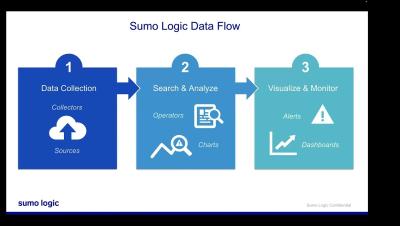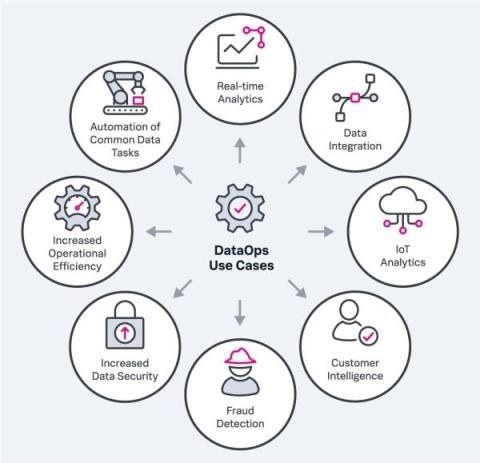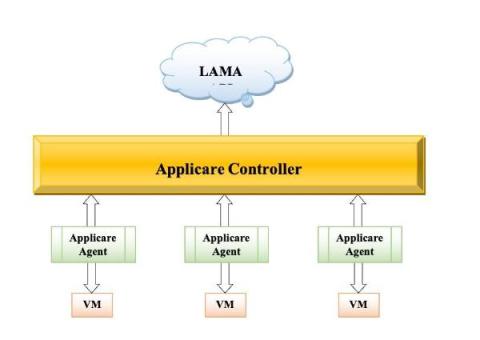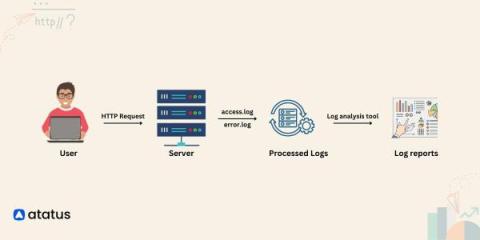What's New in OpenTelemetry?
OpenTelemetry (OTEL) is an observability platform designed to generate and collect telemetry data across various observability pillars, and its popularity has grown as organizations look to take advantage of it. It’s the most active Cloud Native Computing Foundation project after Kubernetes, and it’s progressing at an immense pace on many fronts. The core project is expanding beyond the “three pillars” into new signals, such as continuous profiling.











